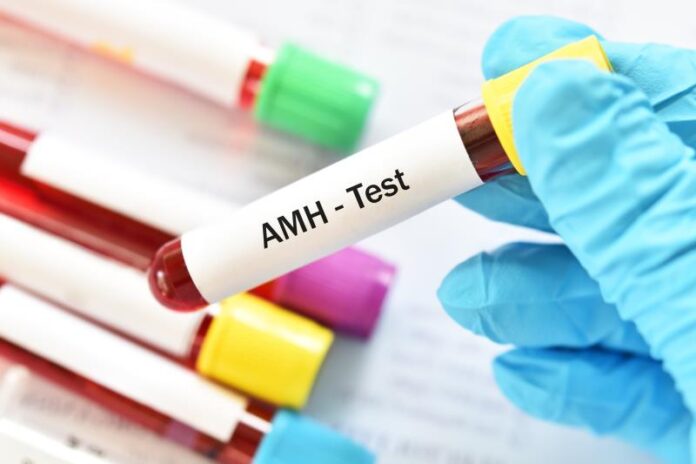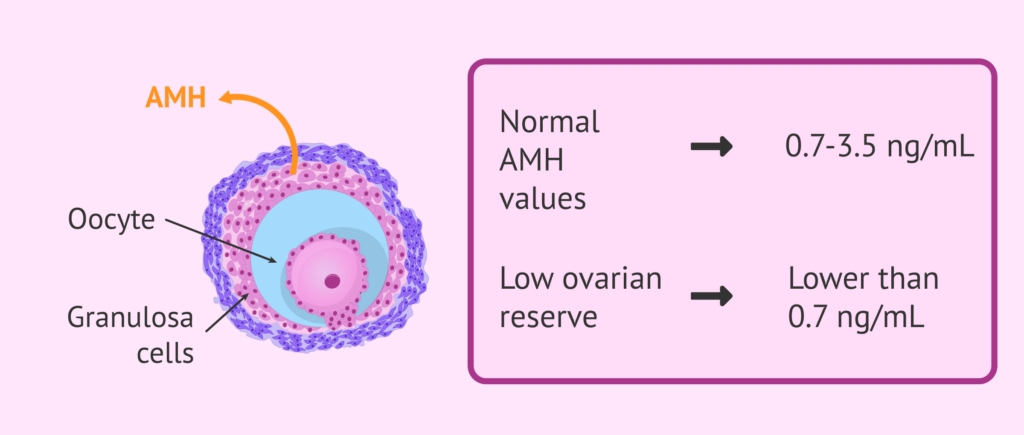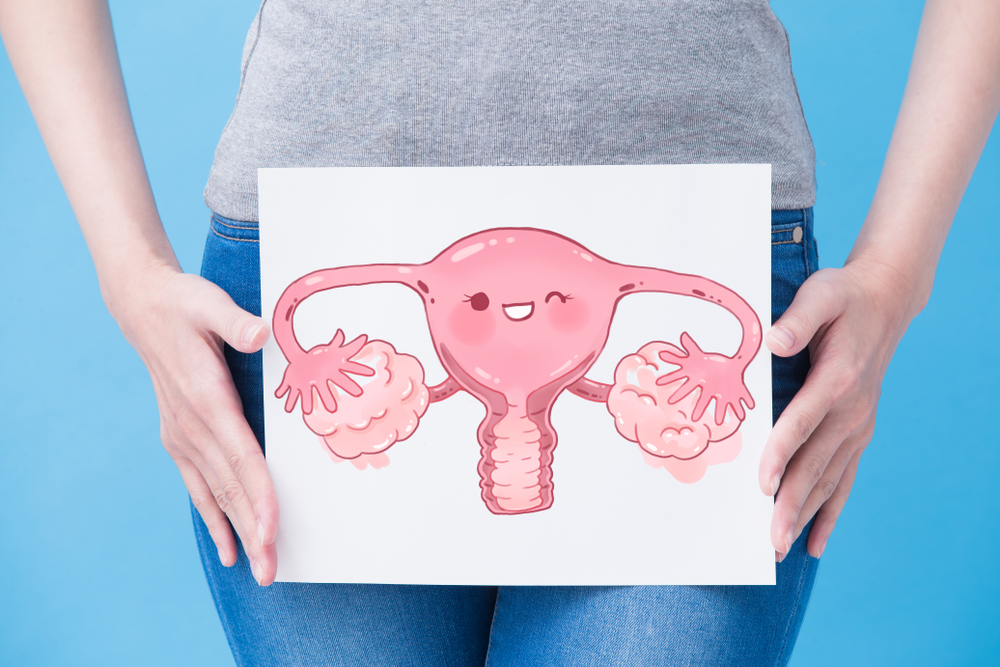
Giving birth is considered one of the most beautiful things in the world. Women go through physical and mental changes to give birth to another human. While getting pregnant is not an issue for some women, some struggle to have a regular menstrual cycle.
The Anti-Mullerian Hormone (AMH) is a glycoprotein in women that regulates the ovarian reserve. The ovarian reserve (how many eggs your ovary has) determines your chances of getting pregnant.
The more you know about your body, the higher your chances of conceiving. Knowing your Anti-Mullerian Hormone level can help you understand if your body is ready for childbirth. Go through this guide to learn everything a woman should know about the AMH Test, its level, purpose, and more.
Table of Contents
What is an Anti-Mullerian Hormone?

Anti-Mullerian Hormone plays a remarkable role in embryo development. This hormone contains eggs within the woman’s ovaries. The AMH is a glycoprotein produced by the follicles.
In easy words, the anti-mullerian hormone shows the number of eggs produced during a woman’s monthly cycle.
The Anti-Mullerian hormone test is typically performed with a blood test. Your healthcare provider will draw blood, usually from a vein in your arm or hand, and send the sample to a lab to be tested for the presence of Anti-Mullerian hormone (AMH) levels. AMH levels indicate the presence or absence of fertility problems, as well as provide insight into information about age-related fertility decline.
Your healthcare provider may also suggest other assessment tests such as ultrasound examination and hysteroscopy to confirm femininity and assess endometrial health.
The Ultrasound examination is used to measure parameters such as ovarian volume, size, follicle count and count of antral follicles in order to evaluate ovarian reserve. However, an Anti-Mullerian hormone test provides accurate and cost efficient determination of ovarian reserve which helps in diagnosis and management of many reproductive problems by giving reliably insight into women’s fertility potential.
What is the AMH Test?
The AMH test is a medical blood sample test that measures the quantity of anti-mullerian hormone in your blood. This test can be an excellent practice for women to maintain their reproductive health.
Knowing your AMH level allows you to optimise your ovulation schedule. It gives you a chance to achieve a natural and successful pregnancy.
Who Should Get the AMH Test?

There is no specific condition to go for the AMH test. However, healthcare professionals recommend this test for women undergoing any fertility treatment.
With this test, you get the benefit of getting a personalised conceiving regime to improve your chances of getting pregnant. We recommend going for this test if you are in any of these situations;
- Trying to conceive for more than six weeks
- Women older than 35
- If you had high E2 blood or high FSH test
- Symptoms of Polycystic ovaries
- No response to gnRT injections
- Low follicle count
What is the Purpose of the Anti-Mullerian Hormone Test?
The anti-mullerian hormone test is great for gauging overall female reproductive health. Aside from assessing your egg count, this test can be done for other purposes, including;
- Signs of PCOS
- Ovarian or fallopian tube cancer
- Chances for successful IVF
- Ovarian reserve
- Menopause prediction
- Risk assessment for ovarian hyperstimulation syndrome
Understanding the Test Result of Anti-Mullerian Hormone

The test results for your Anti-Mullerian hormone will be given to your doctor for further assessment. Your test result will typically contain the following;
- Levels of anti-mullerian hormone in your blood
- The range level of anti-mullerian hormone
Other factors like age, medical history, medication plan, and diet will also influence the test result.
Low Level of Anti-Mullerian Hormone Means;
- Fewer chances of successful IVF
- Irregular menstrual cycle
- Menopause in process
- Ovarian hyperstimulation syndrome (OHSS)
- Hormonal imbalance
- Weight loss
High Level of Anti-Mullerian Hormone Means;
- Higher possibility of conceiving
- Increased number of ovarian follicles
- Chances of successful IVF
- Ovarian cancer
- Polycystic ovary syndrome
What are the Benefits of Anti-Mullerian Hormone Test?

An Anti-Mullerian Hormone (AMH) test is an important diagnostic tool used to assess a woman’s ovarian reserve. The blood test, which measures the level of anti-Mullerian hormone (AMH) released by the small antral follicles in the ovaries, provides insight into fertility and can be used to help diagnose women with reproductive problems or those at risk of complications such as premature menopause.
The AMH test is beneficial because it provides an estimation of ovarian reserve and allows health care providers to gain a better understanding of women’s reproductive health. Here are just some of the benefits associated with AMH testing:
-AMH testing helps identify women who may be at risk for premature ovarian aging, which can lead to infertility or miscarriage.
-It can be used in combination with other tests such as FSH or ultrasound exams for a more comprehensive evaluation of reproductive health and fertility potential.
-Depending on the results, early interventions and treatments may be recommended to optimize a woman’s chance for getting pregnant.
-AMH testing is also helpful for assessing whether assisted reproductive therapies will be successful.
-Because it is less affected by cycles than other tests, like FSH or LH, it provides a more consistent indication of ovarian reserve throughout the menstrual cycle.
Conclusion
As women are increasingly aware of their reproductive health, the interest in AMH testing has grown. The test can give insight into a woman’s fertility potential and can be used for planning preventive measures or assessing treatment options. The results of the test should be combined with other clinical information to make informed decisions about fertility. Screening for ovarian reserve should begin at age 35 so that appropriate interventions may begin if necessary.
Women can discuss with their doctor the advantages, disadvantages, cost implications and impact of an AMH test on their overall health plan to make a more informed decision on their reproductive health care choices. It’s important to recognize that this test is just one component of a comprehensive evaluation by a healthcare provider that includes other factors like age, lifestyle and medical history.







